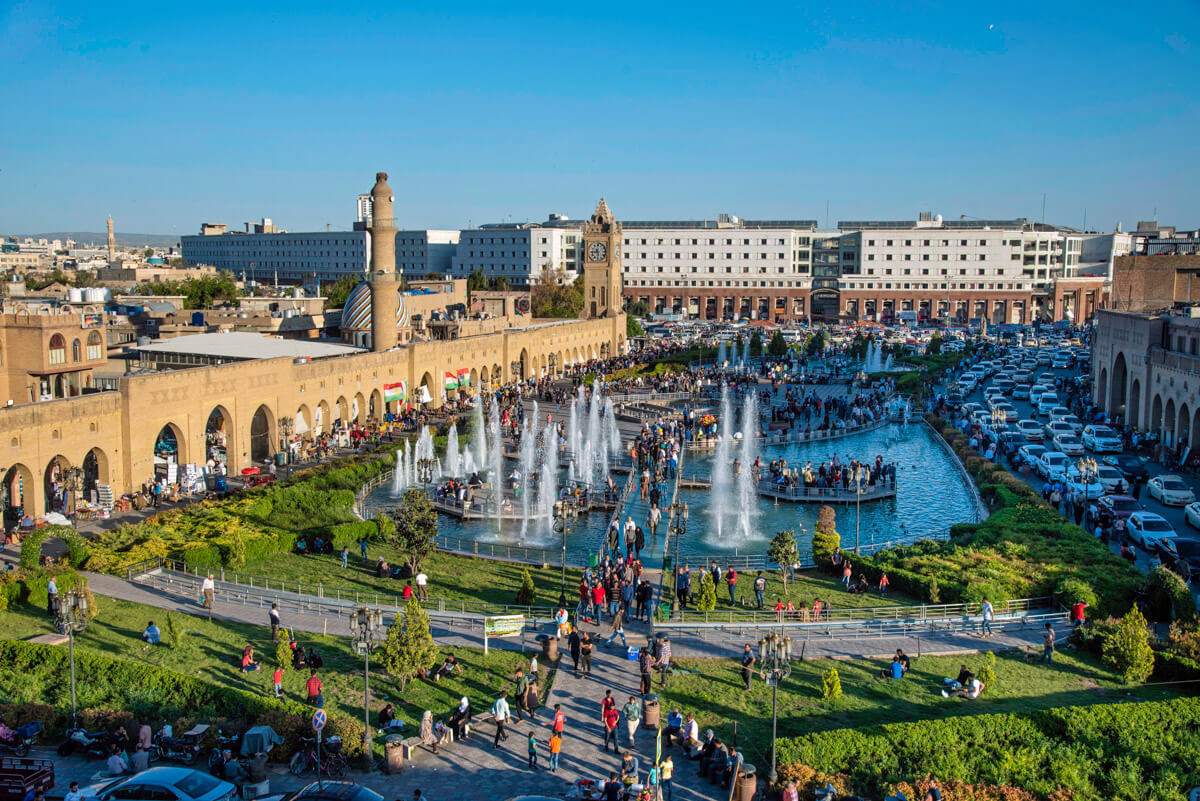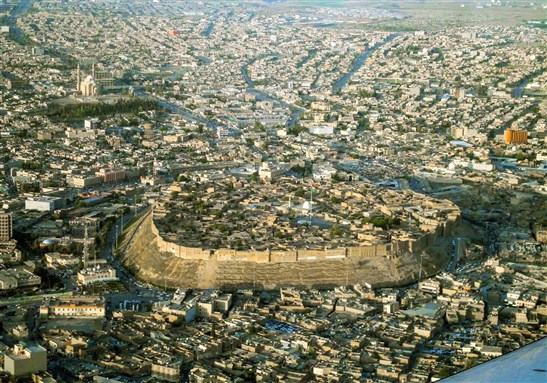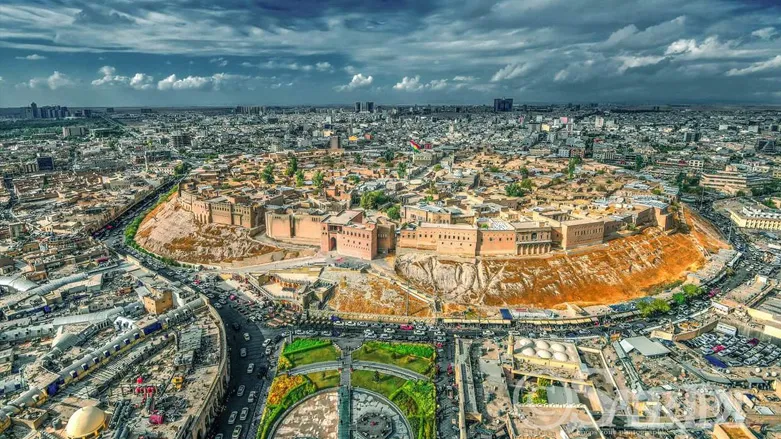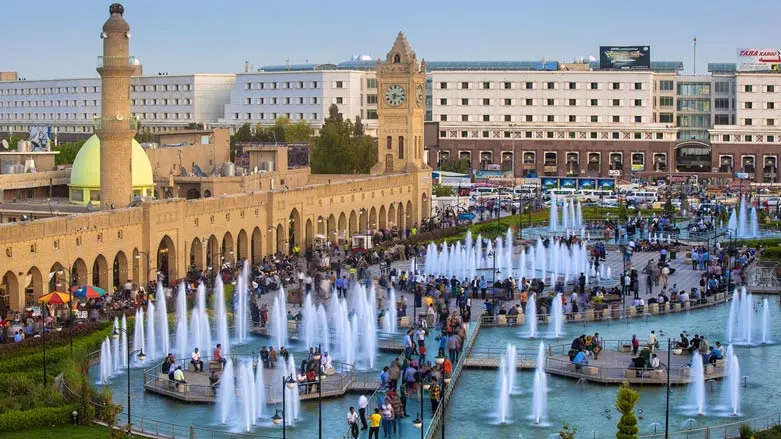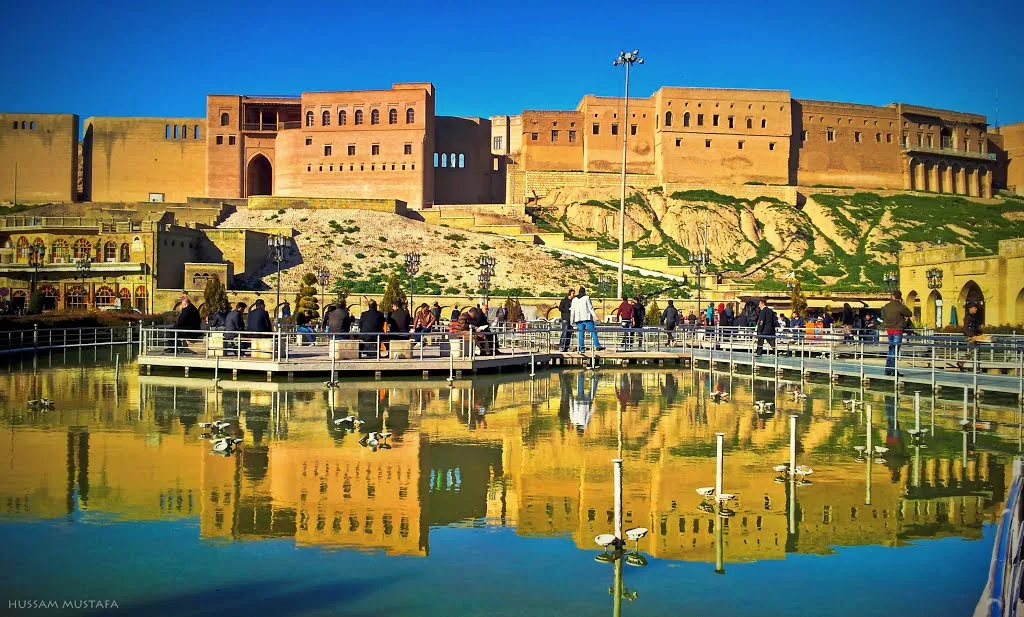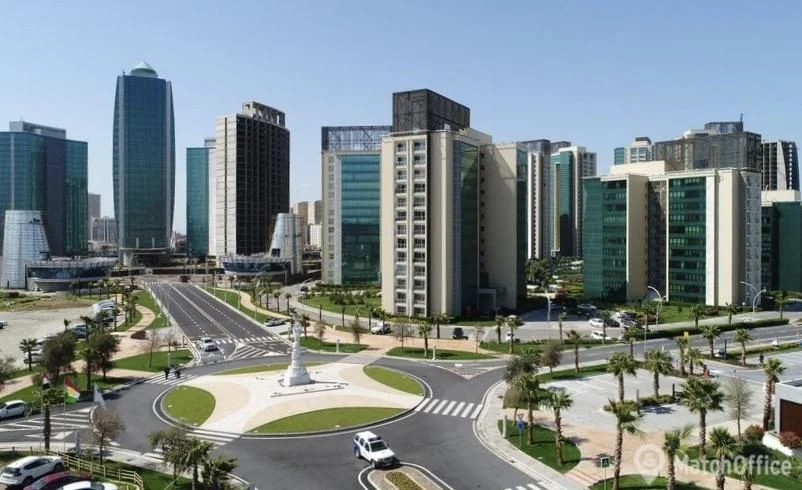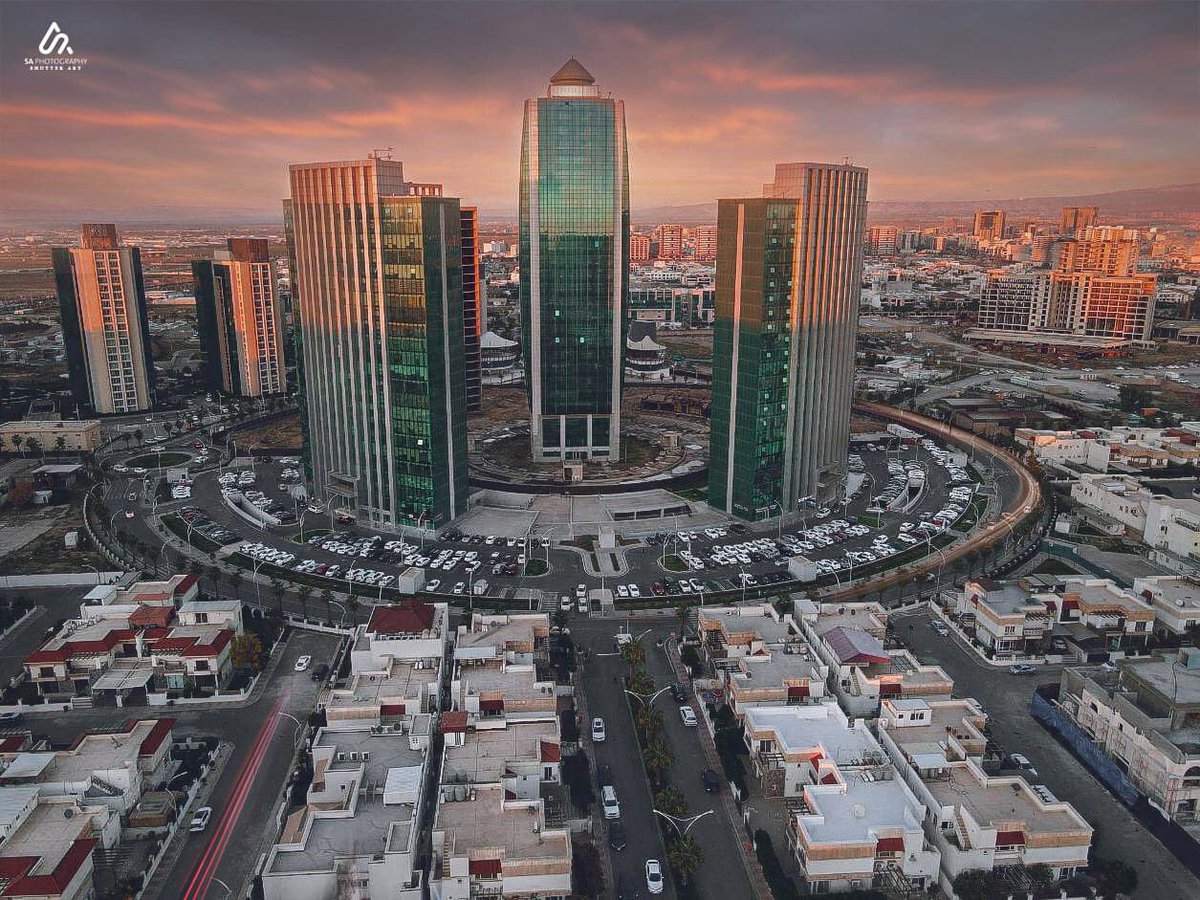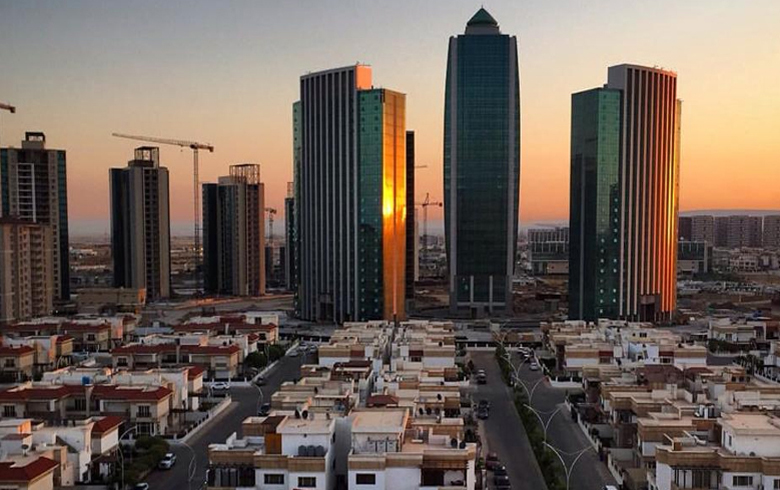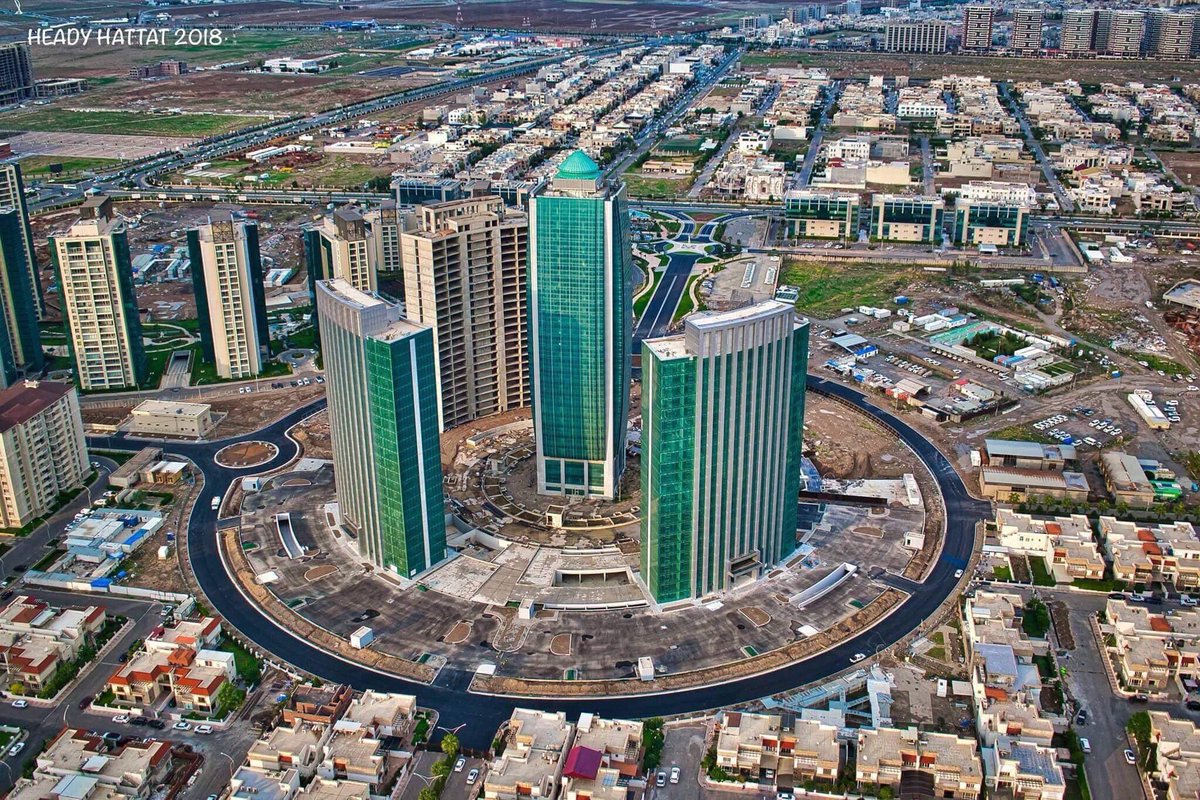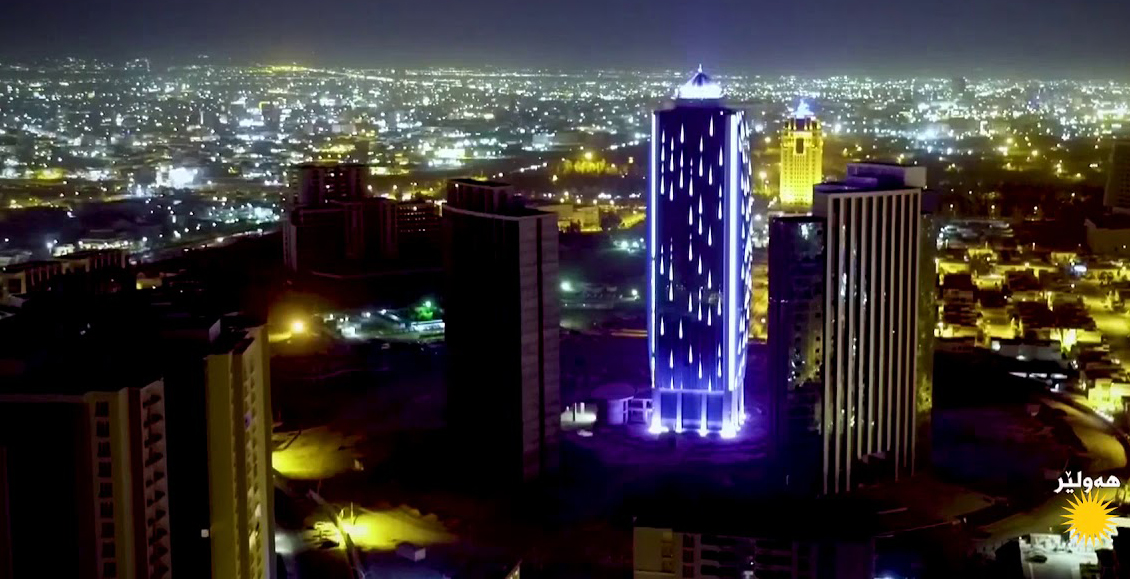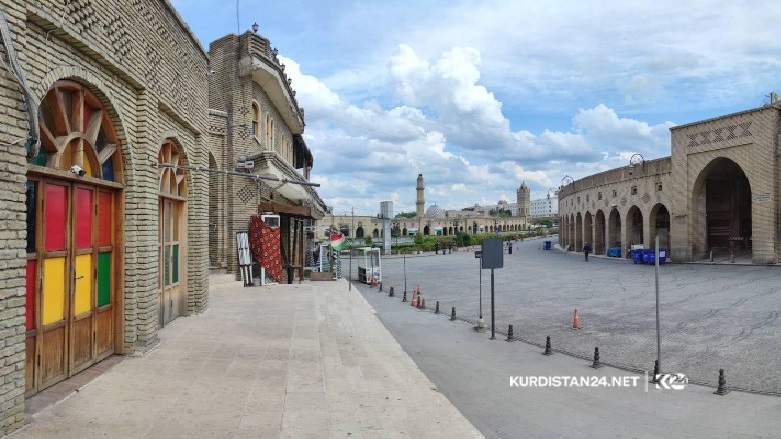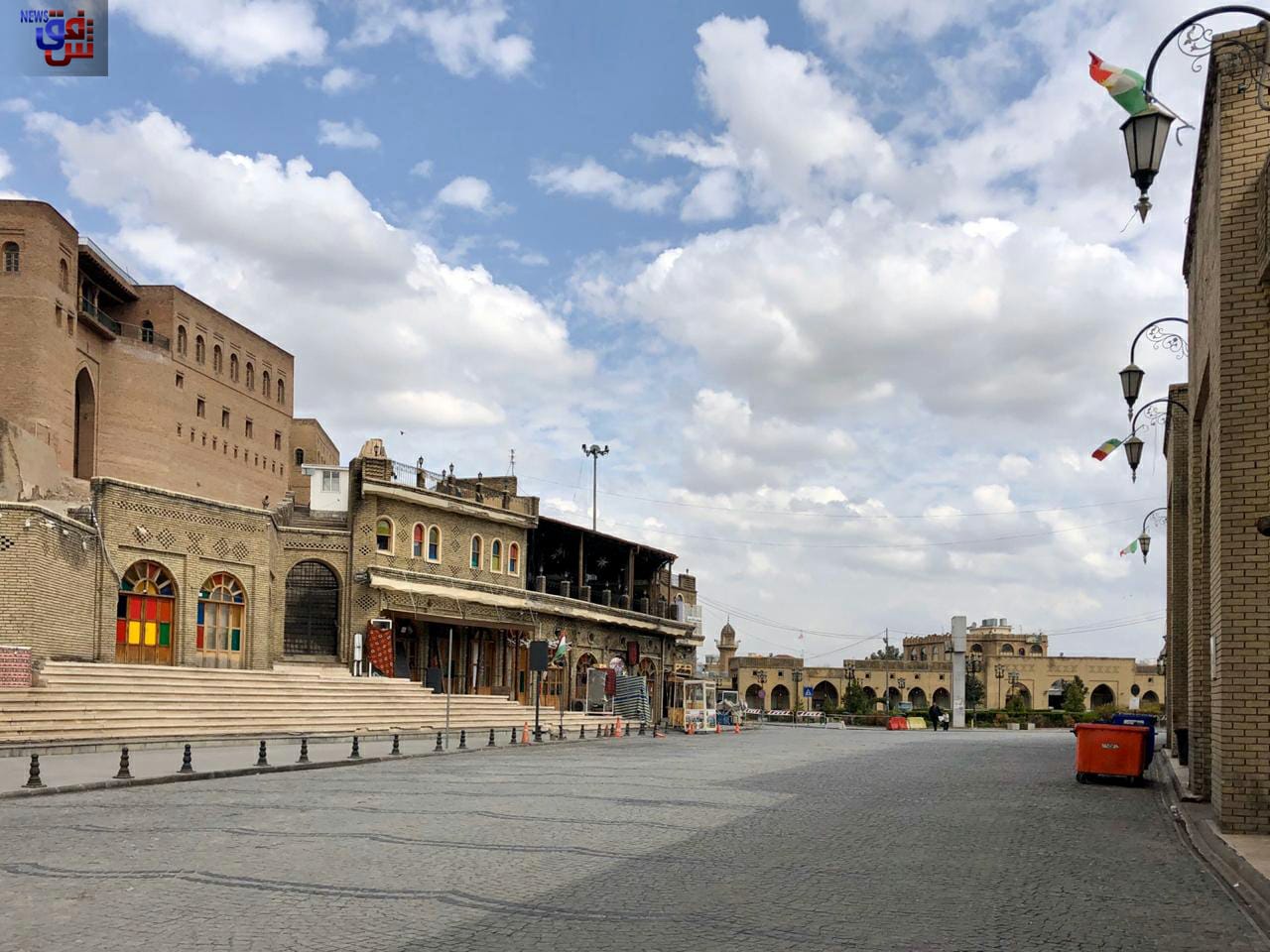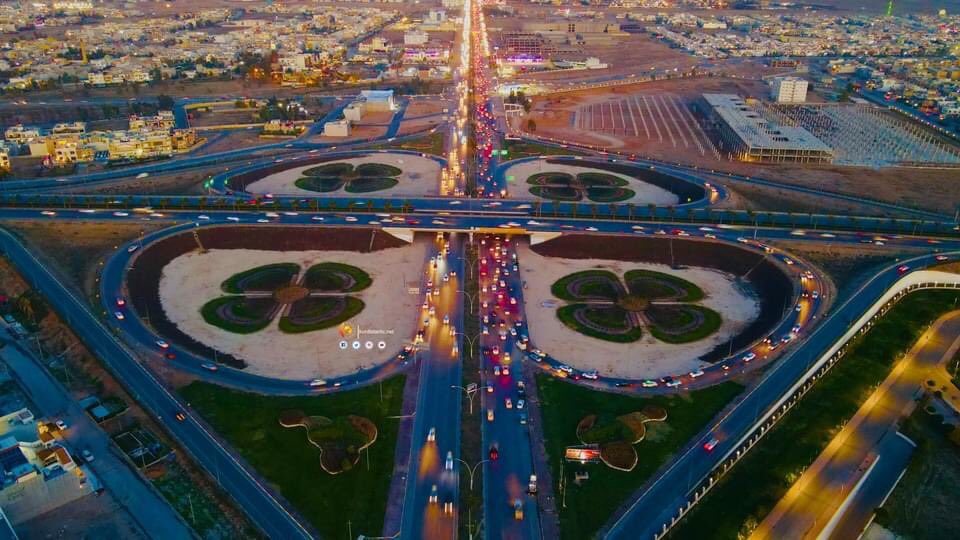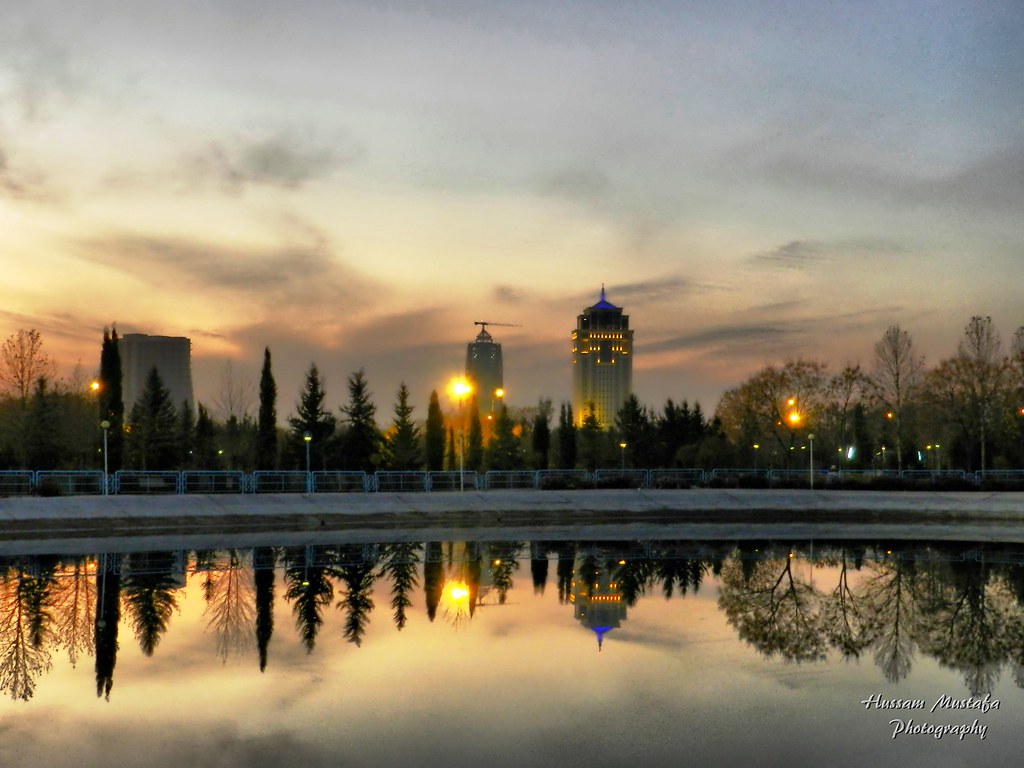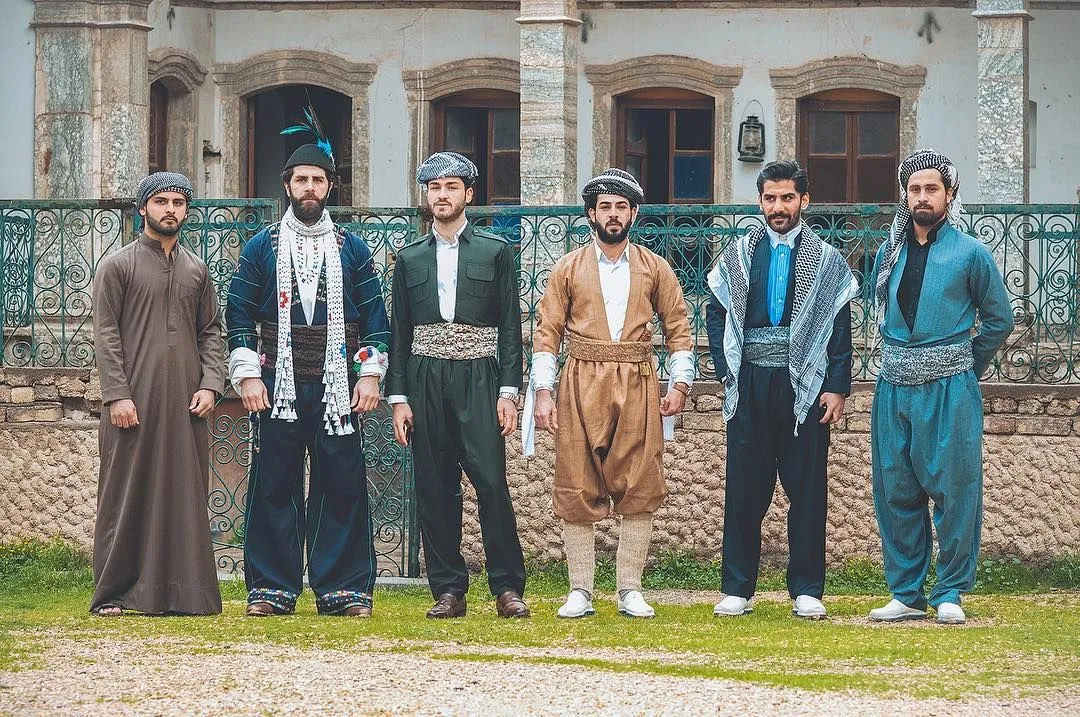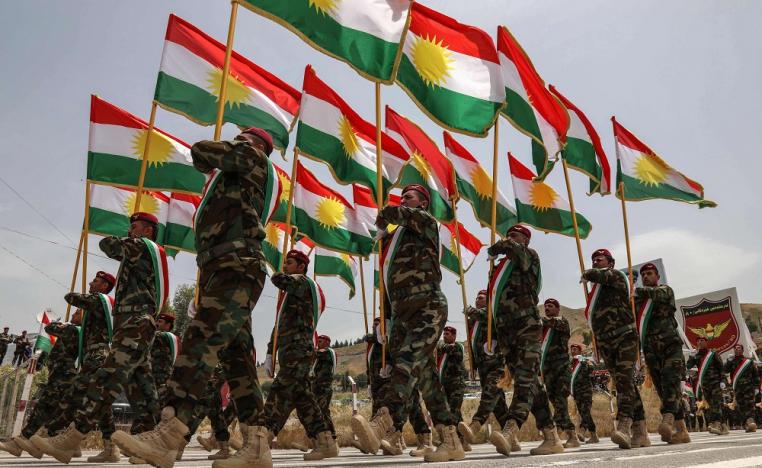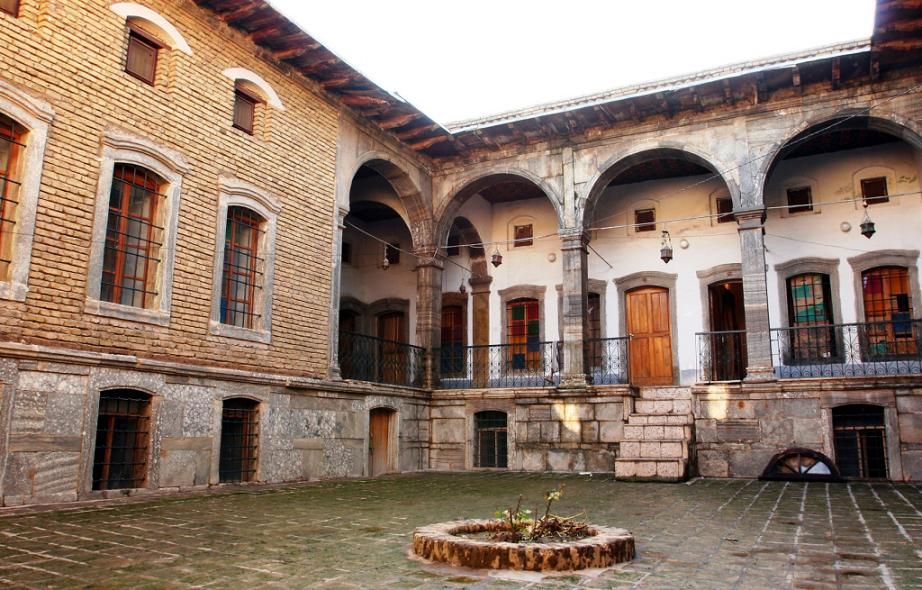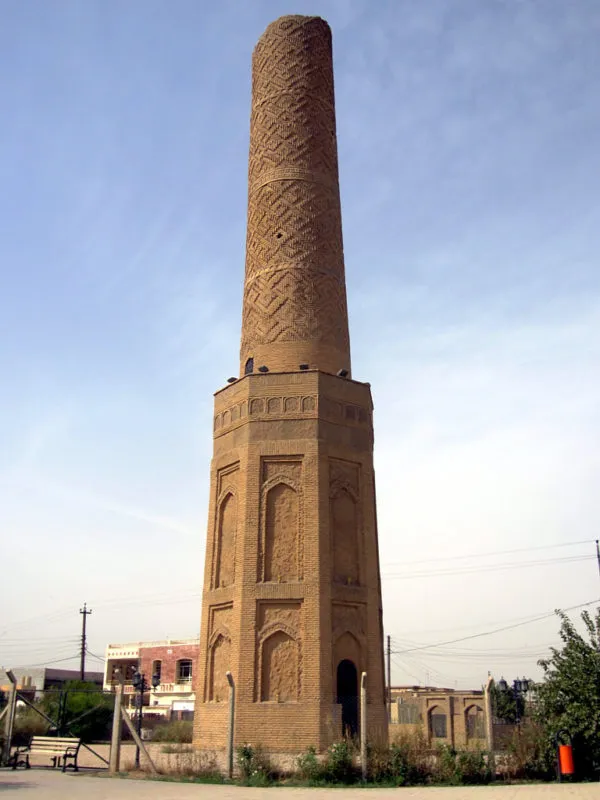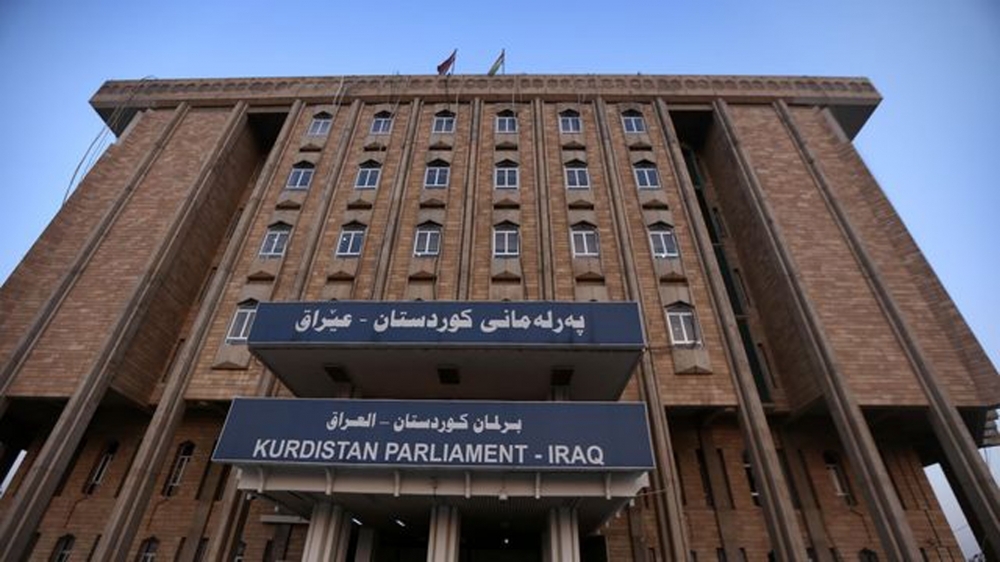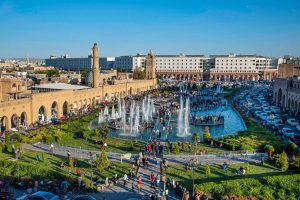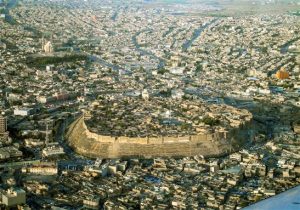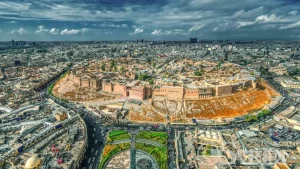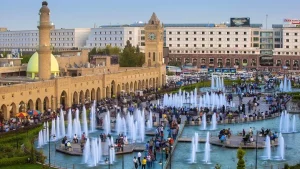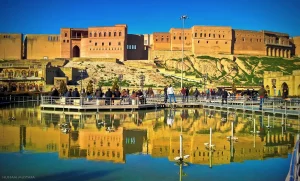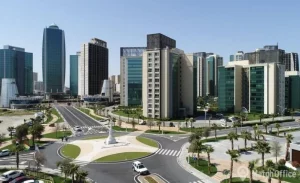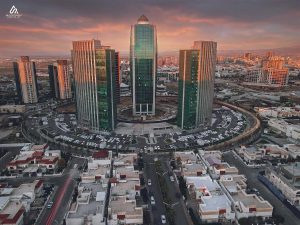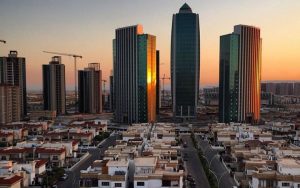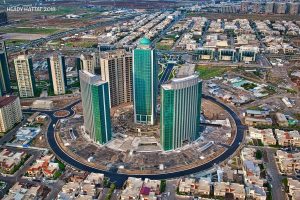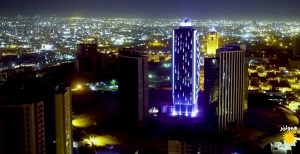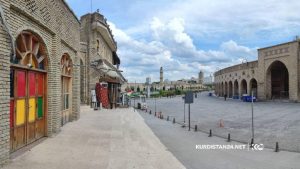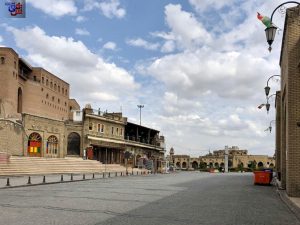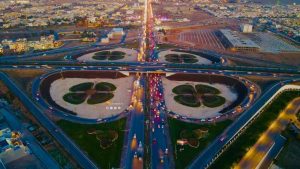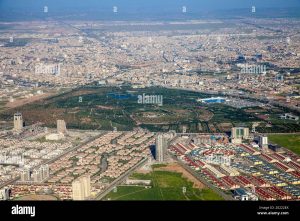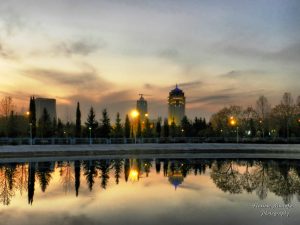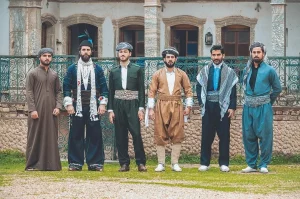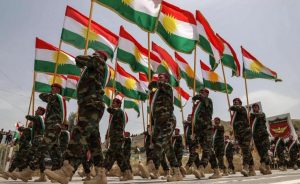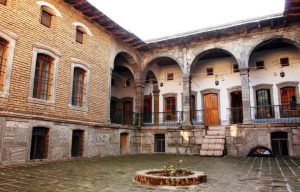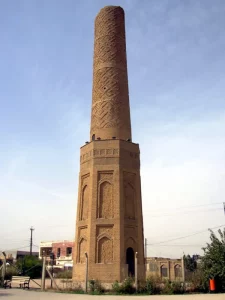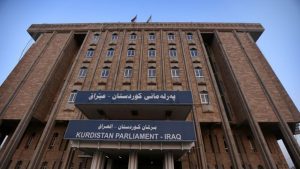Erbil, also spelt Arbil or Irbil, is the capital of the autonomous Kurdistan region of Iraq. It is located around 380 kilometres north of Baghdad and 80 kilometres east of Mosul. With a population of approximately 1.5 million in 2020, it is the fourth largest city in Iraq after Baghdad, Basra and Mosul. Urban life in Erbil can be dated back to at least 6000 BC; and it is one of the oldest continuously inhabited cities in the world.
The Hurrians were the first to establish Urbilum, in order to expand their rule to the rest of northern Mesopotamia. The name Erbil was mentioned in Sumerian holy writings of the third millennium BC as Urbilum, Urbelum or Urbillum, which appears to originate from the word Arbilum in the language of Hurrians, who inhabited the area. Later, the Akkadians and Assyrians rendered the name as Arba’ū ilū, to mean “four gods”. The city became a centre for the worship of the Assyro-Babylonian goddess Ishtar. In classical times, the city was also known by its Aramaic name, Arbela, as well as by the Old Persian Arbairā.
Since its establishment, the city has been under the rule of many regional powers, including the Assyrians, the Arabs, the Seljuk and Ottoman Turks. During the Sassanian period and the Abbasid Caliphate, Erbil was an important centre for Christianity and the Assyrians. After the Mongols captured the citadel in 1258, Erbil’s importance began to decline.
At the heart of the city is the ancient Citadel of Erbil, which is estimated to be close to 7000 years old. This citadel is a tell or occupied mound, rising between 25 and 32 metres from the surrounding plain. The buildings on top of the tell stretch over a roughly oval area of 102,000 m2. The earliest evidence for occupation of the citadel mound dates to the 5th millennium BC, and possibly earlier. It appears for the first time in historical sources during the Ur III period, and gained particular importance during the Neo-Assyrian period. Today, the citadel encompasses one historical mosque, the Mulla Afandi Mosque, bathing rooms (hammams) built in 1775, and the Kurdish Textile Museum.
Erbil’s archaeological museum houses a large collection of pre-Islamic artefact, and is a centre for archaeological projects in the area. In the same area, in the town centre, is the Sheikh Chooli Minaret, built by Sultan Mozafar between 543 and 586 AD and inscribed with Kufic calligraphy. West of the citadel at Ary Kon quarter, a chamber tomb dating to the Neo-Assyrian period has been excavated.
Erbil is also home to many parks. The largest and most central is the Sami Abdul Rahman Park. It is the ideal place to enjoy greenery, peace and quiet without having to leave the city. Favored for family picnics and wedding parties, it is the social hub of Erbil. The park boasts rolling green lawns, lakes with fountains, rose gardens, playgrounds and play castles for kids, and countless facilities, including running tracks, football fields, all sorts of sports fields, indoor and outdoor swimming pools and gyms, a climbing wall, as well as speed boats and water bikes. It also encompasses the Martyrs Monument, restaurants, and a small amphitheatre.
Close to Erbil, the town of Shaqlawa lies about 50 kilometres to the northeast of Erbil, lies at the base of Mount Safeen, which is nearly 2,000 meters high. Known as the Pride of Kurdistan, Shaqlawa has an abundance of waterfalls, springs, and greenery. Its beautiful nature and climate attract tourists from across Iraq and abroad especially on weekends. It has several a food markets, restaurants and hotels, and by dusk the streets are full of visitors strolling through the peaceful streets, shopping, snacking from street vendors, or enjoying the town’s many restaurants.
Further away, deeper into the mountains and gorges, Gali Ali Beg and Bekhal waterfalls and the water source at Jundyan offer beautiful scenery and places to stop and enjoy meals and picnics at the outdoor restaurants.
